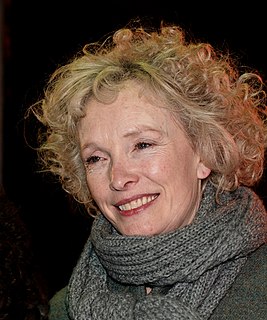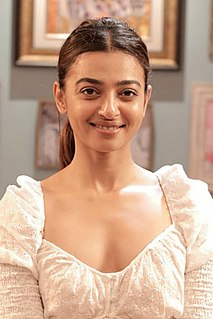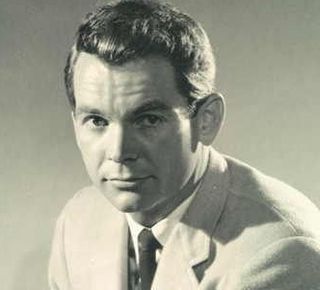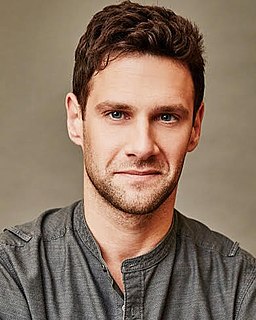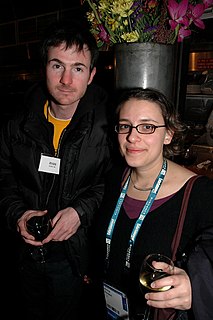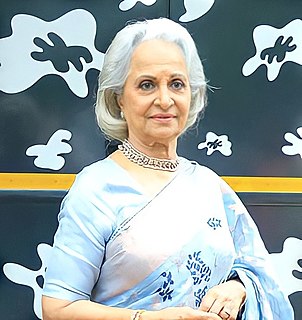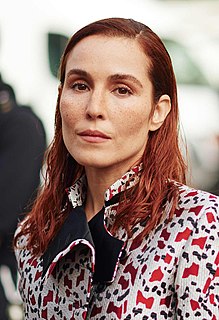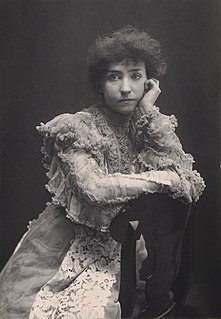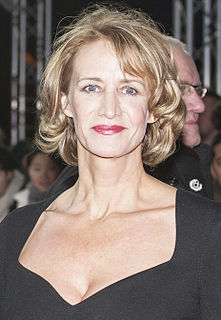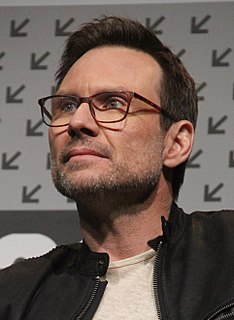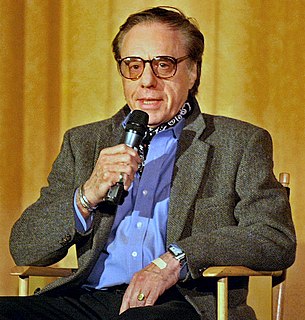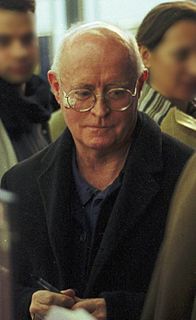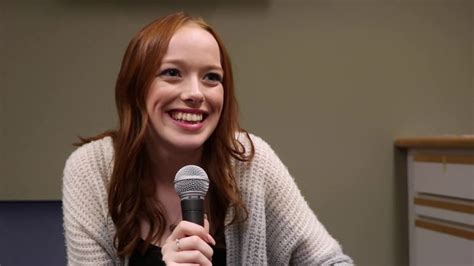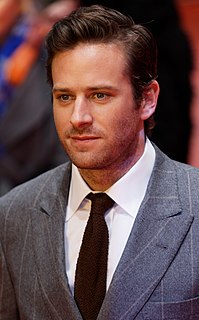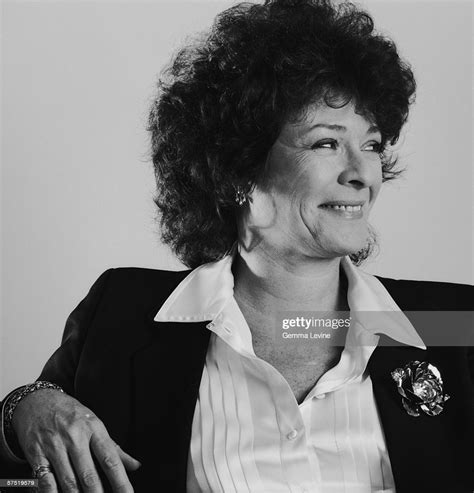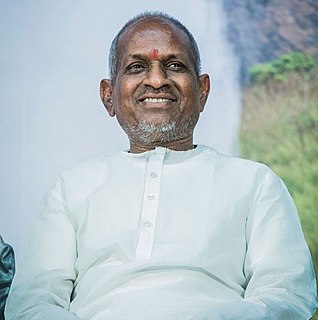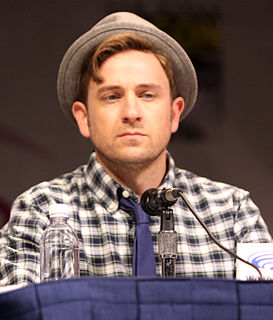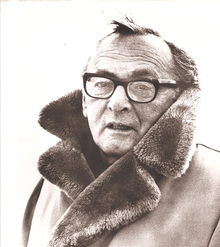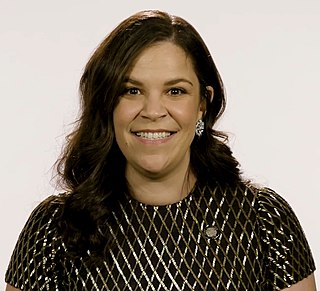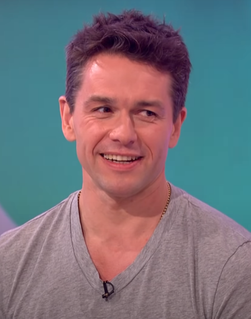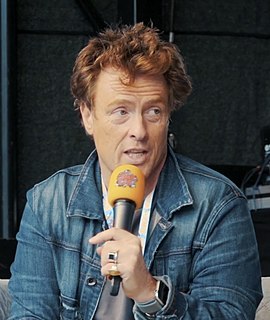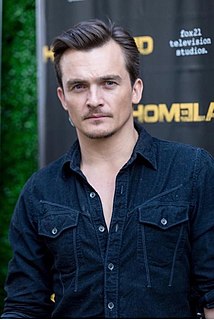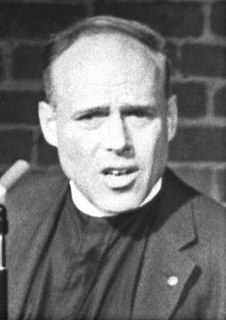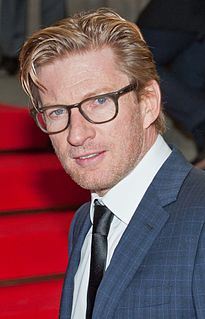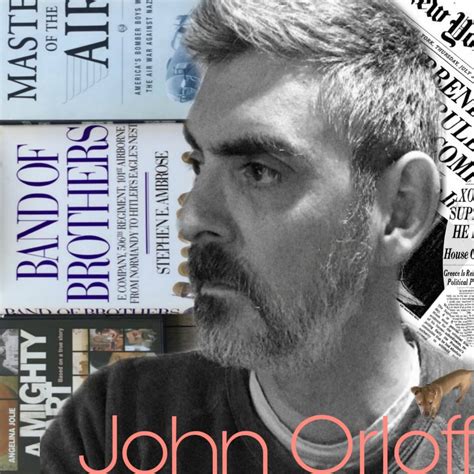Top 1200 Theatre Directors Quotes & Sayings - Page 6
Explore popular Theatre Directors quotes.
Last updated on December 2, 2024.
I have done some wonderful television, but you know, there's not as much exceptional material as there is in the theatre. So I do a lot of theatre, but really, as with most actors, I just love going from one to another. It's stimulating, it's diverting, it's a different way of life, and you know, I dearly like a good mix.
Why did I want to become a director? I just had an early interest. My uncle was an actor in a local community theatre, and he ultimately persuaded me and a buddy of mine to come to that theatre, and we went to meet girls, and that turned into interested in kind of behind-the-scenes things, and from that point on, I was focused.
After 50 years in the motion picture business, I'm still learning my trade. This recent shoot of 'Mandie and the Secret Tunnel' was a revelation. The two young directors, Joy Chapman and Owen Smith, represent a group of actors, directors, and cinematographers all over the country that never show up in New York or Hollywood.
A James Bond film can be artistically fulfilling. Absolutely it can. It can be complex, and it can be interesting. I consider Bond movies to be an extension of popular theatre, a kind of modern mythology. You see the same sort of action in 'Punch and Judy' or in the folk theatre of various cultures, like 'Grand Guignol.'
I was interested in theatre, and the only experience that I had in high school was as an actor. But when I got in Conservatoire, my teachers would give me a lot of flack because I wasn't rehearsing my lines; I'd be doing stage management. I was interested in sound. I was interested in architecture. I was interested in every aspect of theatre.
Being known as a writer did change the relationships I had with directors. The rap on actors is that they always want to inflate their parts. But when directors know you write screenplays and have a different view of things, you really get invited into the huddle in a much fuller way. And those collaborations end in friendships.
I have taken film-work that has been a little more cliché-written, to support myself and my family, and that's a whole kind of other challenge. It's like chopping wood: You've got to take what you can get and bless what withstands you. But in theatre! There's enough great theatre that you can find something interesting!
It is in the irony of things that the theatre should be the most dangerous place for the actor. But, then, after all, the world is the worst possible place, the most corrupting place, for the human soul. And just as there is no escape from the world, which follows us into the very heart of the desert, so the actor cannot escape the theatre. And the actor who is a dreamer need not. All of us can only strive to remain uncontaminated. In the world we must be unworldly, in the theatre the actor must be untheatrical.
Theatre supposes lives that are poor and agitated, a people searching in dreams for a refuge from thought. If we were happier and freer we should not feel hungry for theatre. A people that is happy and free has need of festivities more than of theatres; it will always see in itself the finest spectacle.
Searching out directors you respect and that you can learn from that's always the dream. That's the goal. That's hopefully where this whole thing is leading, and what better way to learn about directing and learn about what works and what I like and what resonates me than by working with a bunch of great directors.
Life beats down and crushes our souls and theatre reminds us that we have one. At least the type of theatre that I'm interested in; that is, theatre that moves an audience. You have the opportunity to literally impact the lives of people if they work on material that has integrity. But today, most actors simply want to be famous. Well, being an actor was never supposed to be about fame and money. Being an actor is a religious calling because you've been given the ability, the gift to inspire humanity. Think about that on the way to your soap opera audition.

